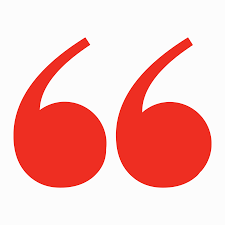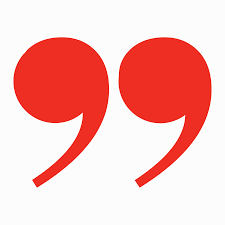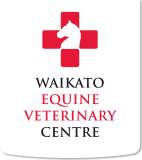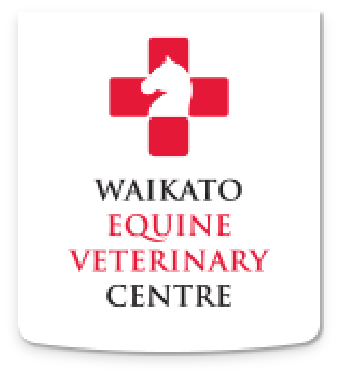Our Services
Equine Dental Services
Routine dental care is essential to your horse’s health. We offer comprehensive preventative and remedial dental treatments designed to increase the longevity of your animal’s teeth, maximise comfort and reduce the risk of major problems.
Proper dental care can see your horse utilise feed more efficiently, perform better — even live longer. We carry out the full spectrum of dental care. Our skilled vets assess each case individually and use up-to-date knowledge and equipment and advanced dentistry techniques where required.
Most horses can be comfortably worked on unsedated, but in some cases our vets may need to use sedation to perform procedures safely and comfortably.

A complete oral examination

Routine dental checks

Floating of teeth

Wolf tooth removal

Digital radiography to investigate any abnormalities

Mobile dental services
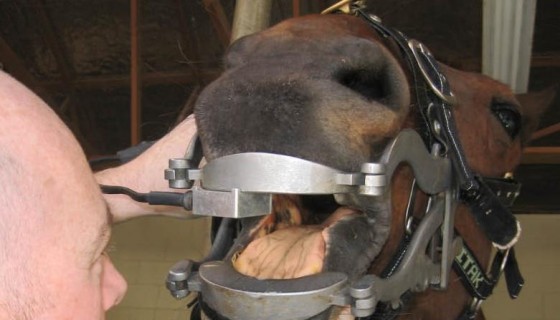
Young Horses
All young horses up to the age of five need six-monthly dental checks to be certain their teeth are erupting and shedding correctly. Regular dental checks can avoid problems later in the horse’s life.
Young horses shed their deciduous (baby) teeth at six-month intervals until they are 4 1/2 years old and will be full-mouthed with all teeth in occlusion by five years.
Horses 5+ Years
An annual examination is essential in most horses aged five years and older.
It’s critical to maintaining balance within the animal’s mouth and keeping it free of dental disease. Horse’s teeth constantly erupt and their mouths can change considerably over a year, causing significant impact on health and behavior problems.
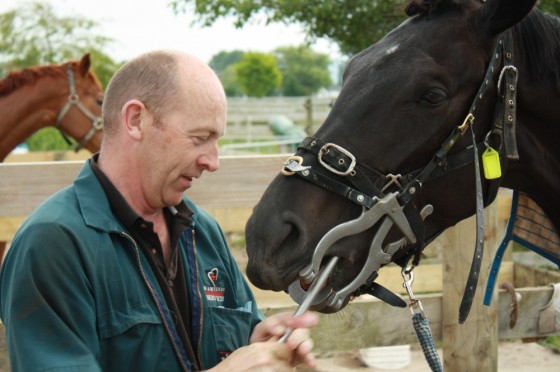
A full oral examination highlights any existing or potential problems, including troublesome cheek-teeth abnormalities. These can be corrected to prevent any problems later on.
CLINICAL SIGNS ASSOCIATED WITH DENTAL DISEASE
• Weight loss, despite a good appetite in some cases;
• Failure to gain weight;
• Dribbling grain;
• Exaggerated jaw rolling while eating;
• Bad breath;
• Discharge from the nostrils;
• Swellings on the lower or upper jaw;
• Loss of appetite or refusal to eat;
• Head tossing;
• Rearing;
• Hanging on one rein.
- Testimonials
See What Our Clients Say
